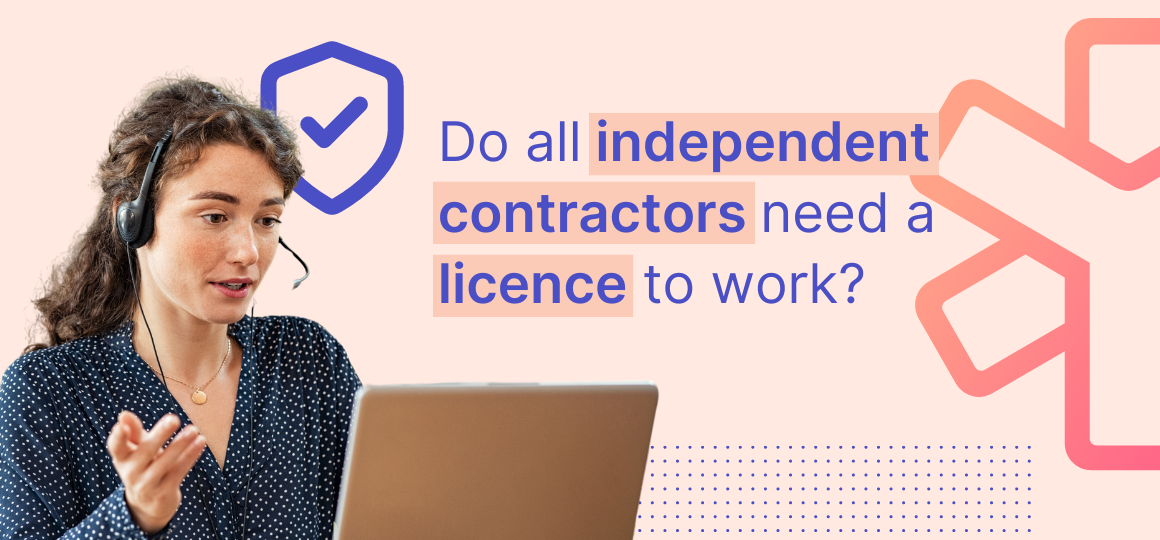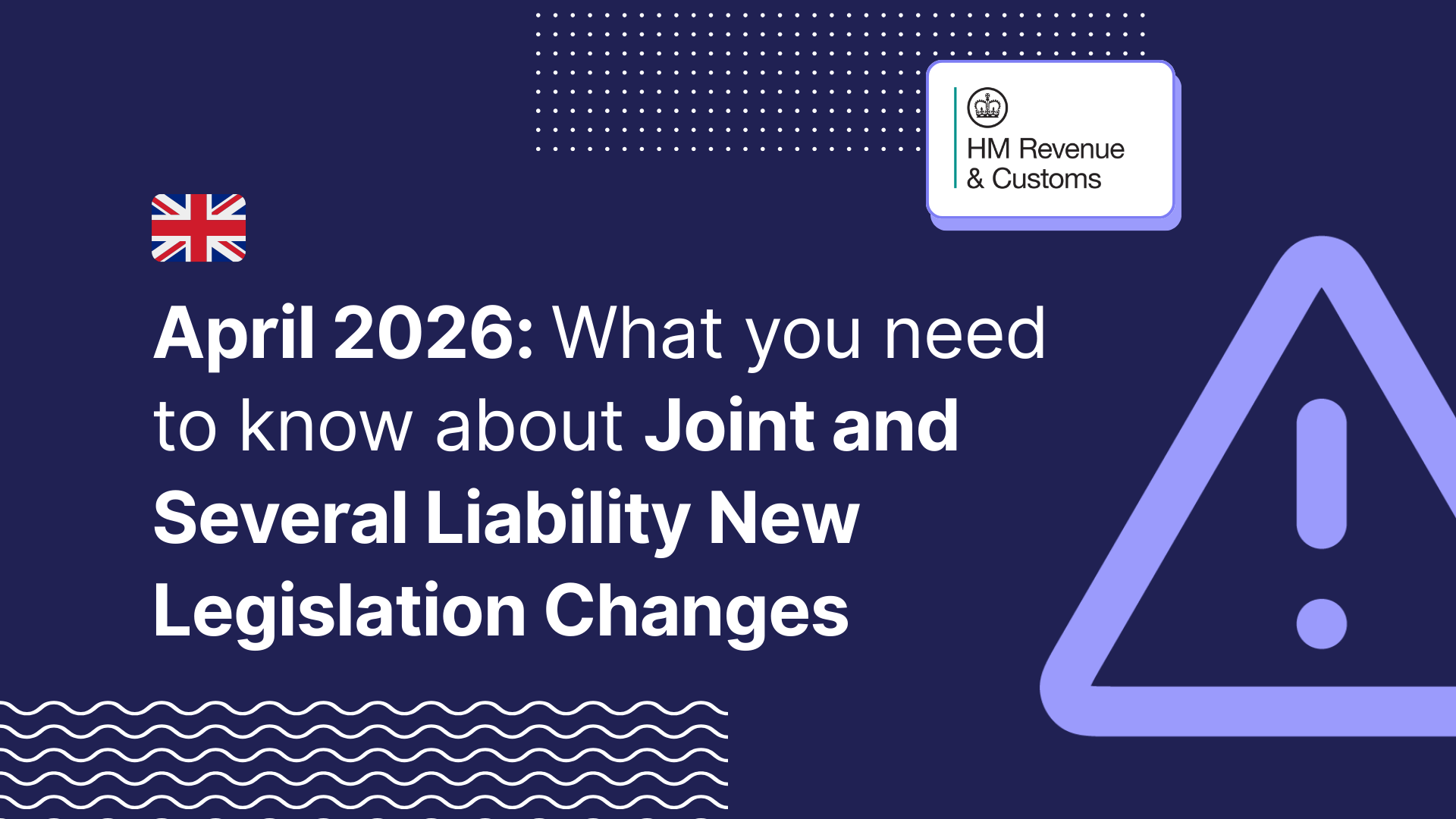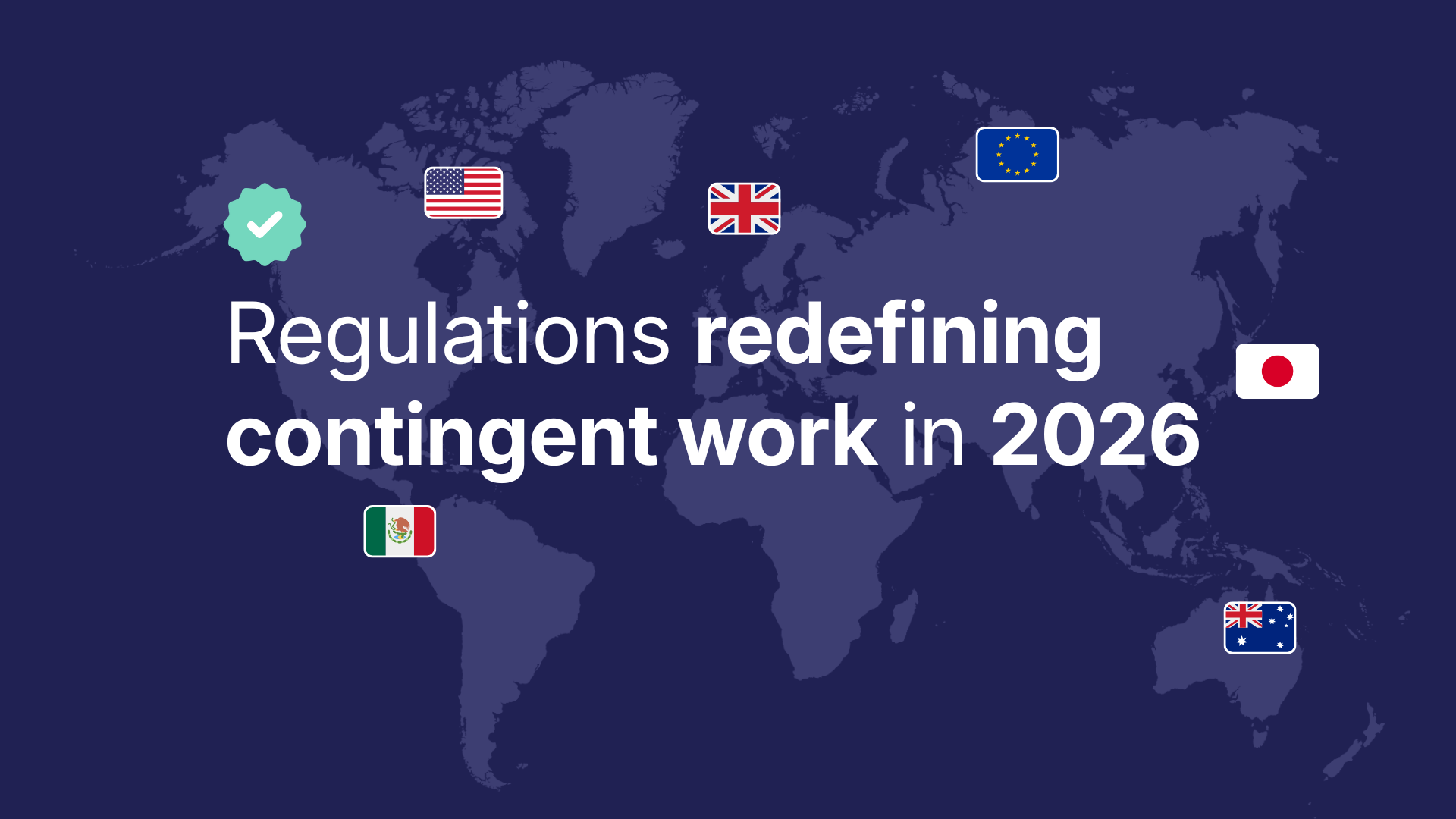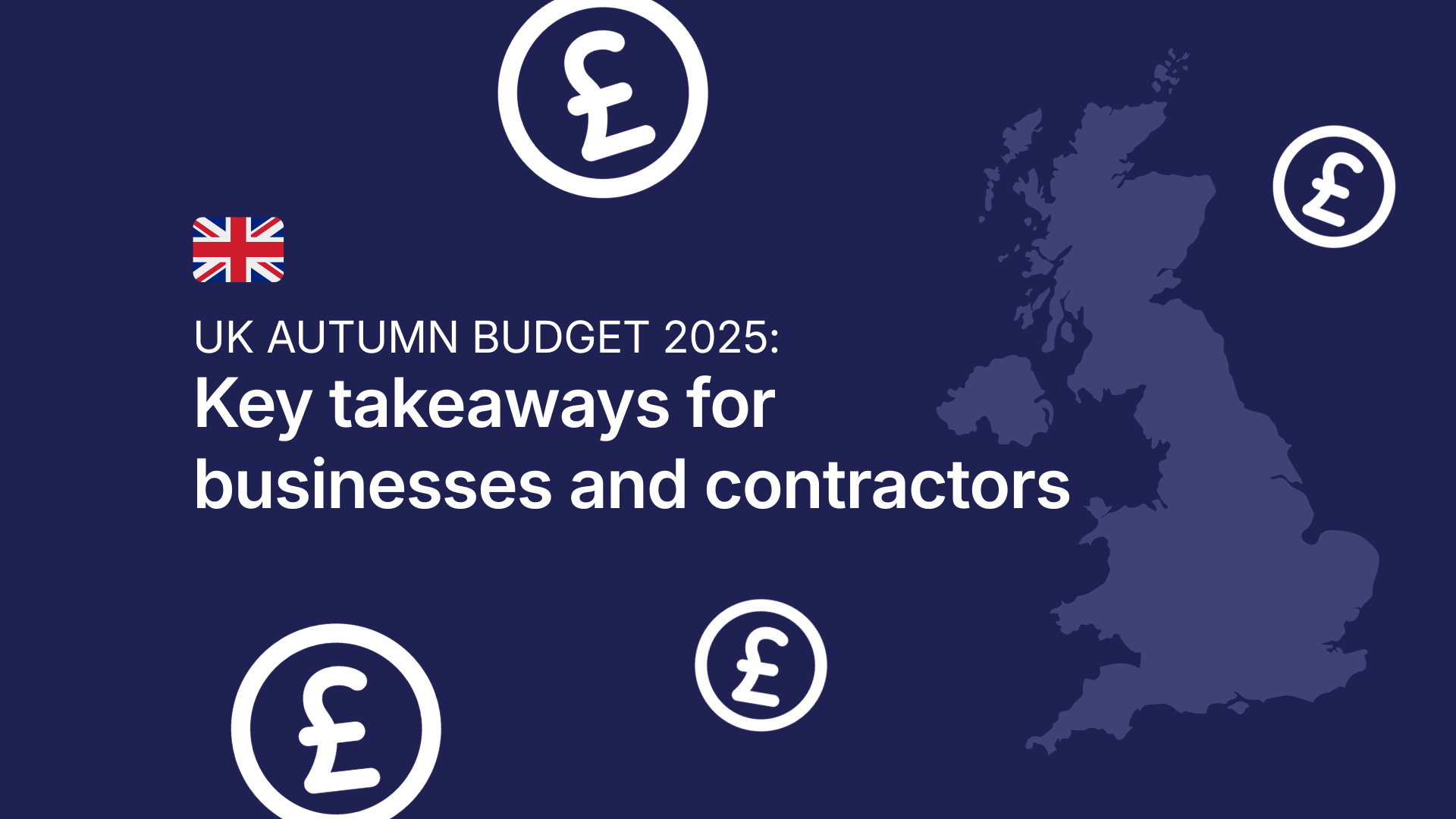The need for a licence varies significantly for independent contractors and freelancers based on the type of work they perform and their location. Not all independent contractors are required to have a licence, but certain professions and industries mandate specific credentials to ensure compliance with legal standards and maintain quality assurance.
This post will give you more information about licences for contractors and freelancers, and considerations you should take into account when carrying out contractor compliance checks ahead of onboarding.
Industry-specific requirements
Some fields, particularly those related to health, safety and professional services, often require freelancers and contractors, or anyone who works in the field, to obtain a licence. For example:
- Healthcare professionals: Doctors, nurses, and therapists must hold relevant licences to practise legally.
- Legal services: Lawyers and lawyers must be licensed to offer legal advice and representation.
- Construction and trades: Electricians, plumbers, and builders frequently require certifications and licences to operate.
- Real estate: Agents and brokers must be licensed to facilitate property transactions.
Professionals in industries like IT and design most commonly don’t require a specific licence to work, but they can sometimes be accredited by industry-specific organisations to prove their professional standards.
Regional variations
Licensing requirements also depend heavily on regional regulations. Different countries, and even states or provinces within countries, have varying rules regarding who needs a licence to be able to carry out work legally. For example, in the UK professions like architecture and engineering require licensure, but many digital services, such as freelance writing or graphic design, do not. In the US, particular States have their own licensing boards and requirements, often affecting contractors in regulated industries such as healthcare, finance, and construction.
Freelancers and non-regulated work
Freelancers engaged in non-regulated work, such as graphic designers, writers, and software developers, typically do not need a professional licence. However, they may still need to follow other legal requirements, such as registering their business, obtaining a tax identification number, or securing local business permits. It’s always a good idea to perform basic background checks on anyone you bring into your business.
YunoJuno can help you to complete background checks of any freelancer you bring on board. Find out more about global compliance with YunoJuno.
Benefits of working with licenced professionals
Even when not legally required, licences or certification can be a good sign for independent contractors you take into your business. Some businesses prefer or even insist on working with licensed professionals to ensure quality and reliability.
Steps to determine licensing requirements
If you’re considering licencing requirements for the freelancers you bring on board, you should take the following steps to determine if they need a licence:
1. Research industry requirements
Check if the profession has specific regulatory bodies that mandate licences.
2. Consult local regulations
Investigate regional laws and guidelines that might require a licence for certain activities.
3. Evaluate client Requirements
Some clients may have their own stipulations regarding licences and certifications.
4. Professional Associations
Joining professional bodies can provide guidance on necessary credentials and offer resources for obtaining licences.
Staying compliant
Remaining compliant involves more than just obtaining the initial licence. Contractors must often:
- Renew licences periodically: Many licences require renewal after a certain period, often involving continuing education or additional exams.
- Stay updated on laws: Regulatory environments can change, so staying informed about new laws and regulations is crucial.
- Maintain records: Keeping detailed records of licences, renewals, and any continuing education can help avoid legal issues.
Not all independent contractors need a licence, but understanding when and why one might be required is important for legal compliance. By researching industry standards, regional regulations, and client expectations, you can ensure that your contractors and freelancers meet all necessary requirements.







